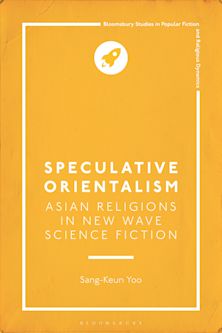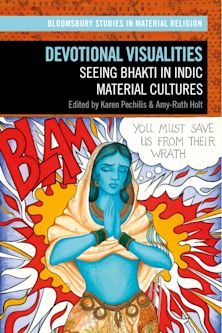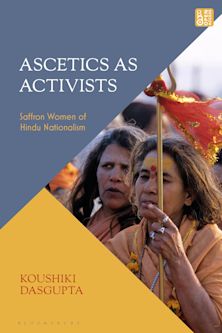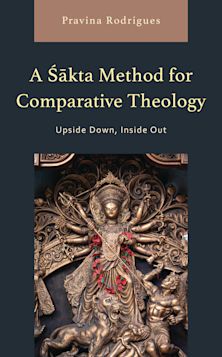Bhakti Ethics, Emotions, and Love in Gaudiya Vaisnava Metaethics
Bhakti Ethics, Emotions, and Love in Gaudiya Vaisnava Metaethics
This product is usually dispatched within 1 week
- Delivery and returns info
-
Free US delivery on orders $35 or over
Description
Bhakti Ethics, Emotions, and Love in Gaudiya Vaisnava Metaethics explores the broader implications of understanding bhakti, “devotional love to the divine,” as an ethical theory based on a “realist” account of emotions, where emotions are sensory perceptions of the real ethical qualities of classes of actions. The book spotlights one complex articulation of an Indian epistemology and ontology of ethics based on the metaphysics of Gaudiya Vaisnava psychology of emotions in dialogue with a variety of academic fields, including the philosophy of religion and related methodologies such as virtue ethics, theological voluntarism, and ecofeminist and feminist care ethics. The work discusses how emotions are understood metaphysically as extra-mental, objectively real qualities, what Cogen Bohanec refers to as “affective realism.” This follows from a cosmogenic model where the universe emanates from the loving relationship between the divine feminine, Radha, and her intense loving relationship with her masculine counterpart, Krishna. Since the origin of all of reality emanates from the ultimacy of an affective relationship, then the fabric of reality can be described as having objectively real affective qualities and that is the basis for grounding this ethical system.
Table of Contents
Abbreviations
Introduction
Part I: Gaudiya Vaisnava Ethics
Chapter 1: The Problem: Fact, Value, and Burden of Proof
Chapter 2: Gaudiya Vaisnava Virtue Ethics
Chapter 3: Theological Voluntarism in Gaudiya Vaisnava Theo-ethics
Chapter 4: Moral Affect and Ecofeminist Care Ethics
Part II: Affective Ethical Realism and The Spiritual Telos
Chapter 5: Bhakti as Affective Realism
Chapter 6: Emanation, Bifurcated Cosmology, and Affective Realism
Chapter 7: Divine Affect and the Relational Dynamics of Grace
Chapter 8: Profile of Affective Conditions and Their Development
Conclusion
Bibliography
About the Author
Product details
| Published | Jul 25 2024 |
|---|---|
| Format | Hardback |
| Edition | 1st |
| Extent | 330 |
| ISBN | 9781666943344 |
| Imprint | Lexington Books |
| Illustrations | 6 BW Illustrations, 3 Tables |
| Dimensions | 9 x 6 inches |
| Series | Explorations in Indic Traditions: Theological, Ethical, and Philosophical |
| Publisher | Bloomsbury Publishing |
Reviews

ONLINE RESOURCES
Bloomsbury Collections
This book is available on Bloomsbury Collections where your library has access.

































